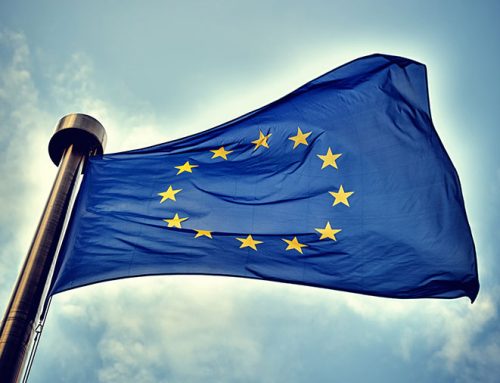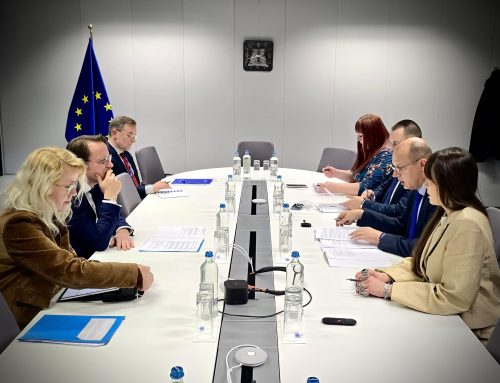COUNCIL OF THE EUROPEAN UNION – FOREIGN AFFAIRS Council meeting Brussels, 20 February 2014.
The Council adopted the following conclusions:
“1.The European Union is appalled and deeply dismayed by the deteriorating situation in Ukraine. No circumstances can justify the repression we are currently witnessing. We condemn in the strongest terms all use of violence. Those responsible for grave human rights violations should be brought to justice. Our thoughts are with the families of those who have lost their lives and with the injured. We call for an immediate end to the violence, full respect of human rights and fundamental freedoms, including the right of access to medical assistance, and for urgent independent investigations into Human Rights violations, notably through the Council of Europe International Advisory Panel. We call upon the Government to exercise maximum restraint and opposition leaders to distance themselves from those who resort to radical action, including violence. It urges the Ukrainian government to abide by its obligations under international Human Rights instruments to which it is a State party. Any further escalation, including the introduction of a State of Emergency, or the use of the armed forces against protesters must be avoided.
2. We call on all sides to engage, without further delay, in a meaningful dialogue, to fulfil the legitimate democratic aspirations of the Ukrainian people. Recalling its conclusions of 10 February, as well as statements by the President of the European Council, President of the European Commission, and the EU’s High Representative, the Council remains fully committed to offering its assistance to promote political dialogue between the sides and help de-escalate the situation. We expect Ukraine’s elected representatives to assume their political responsibilities, including in the Verkhovna Rada. The Council underlines that the prime responsibility for the current situation, and for taking the first step to enable such a dialogue lies squarely with President Yanukovych and the Ukrainian authorities.
3. The European Union continues to believe that any lasting solution to the political crisis must include constitutional reform, the formation of a new inclusive government and the creation of the conditions for democratic elections. We remain ready to support Ukraine in the process of reform to deliver a stable, prosperous and democratic future for its citizens. Our offer of political association and economic integration remains on the table. The Council recalls that the Association Agreement, including a DCFTA, does not constitute the final goal in EU-Ukraine cooperation. Furthermore, the European Union stands ready to offer assistance and support humanitarian organisations for the replenishment of stocks of medicine and medical equipment for the treatment of people affected by the violence.
4. In light of the deteriorating situation, the EU has decided as a matter of urgency to introduce targeted sanctions including asset freeze and visa ban against those responsible for human rights violations, violence and use of excessive force. Member States agreed to suspend export licences on equipment which might be used for internal repression and reassess export licences for equipment covered by Common Position 2008/944/CFSP. The Council tasked the relevant Working Parties to make the necessary preparations immediately. The scale of implementation will be taken forward in the light of developments in Ukraine.
5. Faced with such grave crisis in Europe, the EU will continue to work in close cooperation with the international community, including in support of both the OSCE and the Council of Europe, to find a lasting, inclusive solution that respects the rights of all Ukrainians.
6. The Council underscores the importance of a vibrant civil society for ensuring the democratic and prosperous future of Ukraine. It reiterates the commitment to enhance people-to-people contacts between the EU and Ukraine, i.a. through the visa liberalisation process, along with agreed conditions in the framework of the VLAP. Meanwhile, the Council encourages Member States to make optimal use of the Visa Facilitation Agreement provisions and of flexibilities offered by the Visa Code.”



